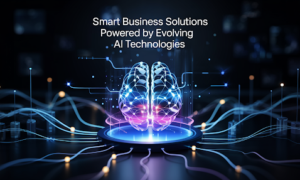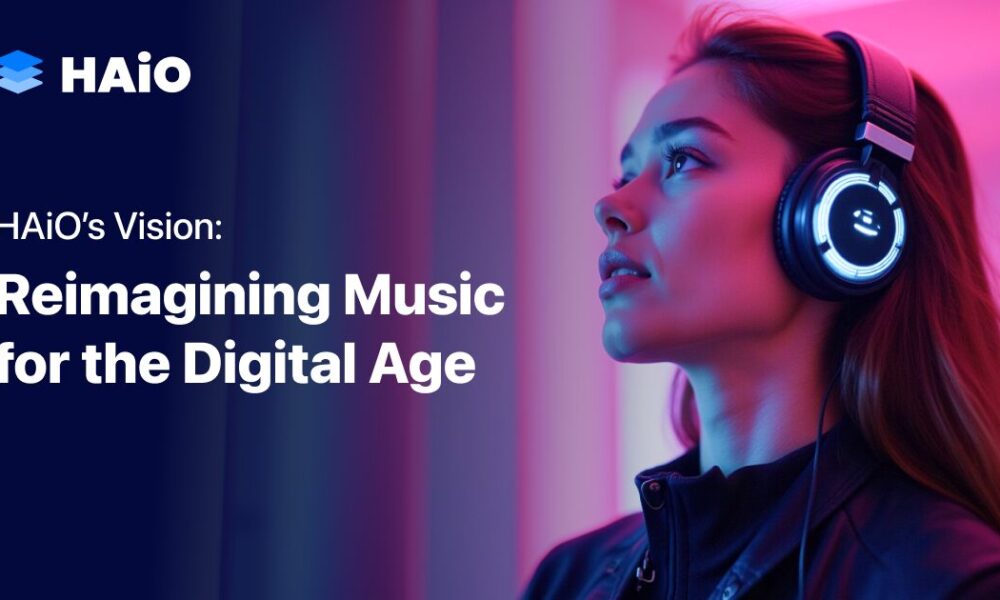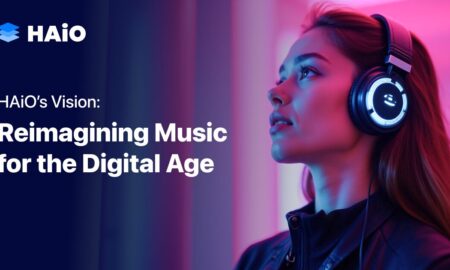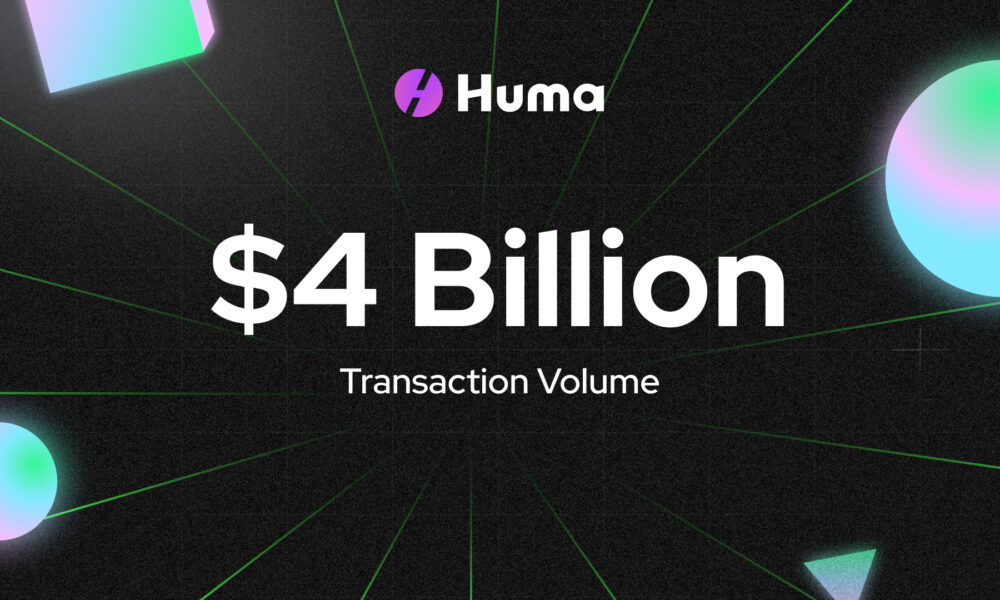AI in education enables better learning methods for students. Also, it offers better teaching strategies. The integration of artificial intelligence into education facilitates both the students and teachers. By providing personalised learning experiences to automated report card generation, everything becomes more accessible than before. The institutions only need high-speed internet and robust devices to access AI-enabled education.
However, there are some challenges to AI education, too. For example, data privacy, security, biased data, etc., can hurt AI-driven educational systems. So, in this guide, you will learn about the scopes and challenges of AI-driven learning.
Opportunities of AI in Education
A McKinsey & Company survey shows that AI in education can generate 1.3 trillion USD in global economic value. So, let’s explore the educational opportunities with AI.
- Personalised Learning
One of the greatest blessings of AI in education is personalised learning. AI and ML algorithms can evaluate the learning patterns of the students. Based on these patterns, AI recommends customised learning content that fulfils individual needs. Thus, students receive personalised instructions based on their learning styles, subjects, and scope of improvement. This way, AI helps to boost their learning ability and experience.
- Automated Administrative Tasks
Education AI opportunities eliminate paper-based administrative work. For instance, you can discuss traditional attendance books and grade cards. Previously, educators had to prepare these records with paper and pen. But AI replaced these mundane tasks with automated administrative systems. Also, a report from Deloitte has revealed that AI can save 30% of time for teachers with these computerised tasks.
- Enhanced Accessibility
AI in education enhances accessibility and inclusivity of schooling. It helps to break down the barriers of language and physical challenges like visual or auditory impairments. Thus, students from any location can access educational content easily without facing any issues. For example, they can use translation, speech-to-text, text-to-speech, and voice search assistance to gain a seamless experience. These AI-based tools ensure the availability of education at all times.
- Autonomous Content Generation Tools
Automated content creation tools are one of the significant education AI opportunities. Innovative content-generating tools like ChatGPT, Gemini, Canva, etc., assist educators in developing more engaging content for learners. Moreover, tools like Notion guide educators to plan, schedule, and manage their content efficiently. There are even more AI tools for checking grammatical flaws, video editing, podcast generation, and more.
Also read: plagiarism checkers
Challenges of AI in Education
Besides the opportunities, there are some challenges to using AI in education. So, here are some of the significant challenges –
- Ethical Concerns
One of the significant challenges of AI in education is ensuring security and privacy. Due to the incremental usage of AI-powered tools, large amounts of data are collected and assessed. Thus, cybercrime risks lie within these activities, such as data breaches and malware threats. It is mandatory to ensure ethical policies to protect student information.
- Bias in algorithm
AI systems become accurate when they are trained by fine-tuned data. Otherwise, it will generate wrong or biased information. For example, research from MIT has proved that facial recognition systems can create gender and racial bias. It’s crucial to ensure transparent and bias-free AI systems in education. This approach will help to generate authoritative information.
- Teacher Training and Professional Development
Educational institutions require teachers to be trained while adopting AI in education. Till now, there has been an inadequacy in teacher’s training and development regarding technology. Even many teachers believe they need more training to adjust to AI in the classroom. Thus, it becomes vital to provide enough support for the teachers to learn the new methods of educating pupils with AI.
- Digital Divide
Though AI has revolutionised the world of education, many students have not accessed it. A study from UNESCO shows that approximately 40% of the world’s population do not even have the internet. So, it becomes a great concern to fill this digital divide. It should be the first thoughtful consideration of AI in education challenges.
To overcome the challenges
These are the strategies to overcome the challenges of AI in education –
- Empowering Educators
An impactful implementation of AI in the classroom should start with proper teacher training programs. It’s essential for organisations to establish professional development courses so that teachers can learn how to adopt AI in teaching. Also, they require consistent support to adopt this technology and obtain its full potential.
- Bridging the digital divide
It’s vital to ensure everyone has proper access to this technology. So, the organisations should invest in upgrading their educational infrastructure. It includes providing every student with internet access, smart device access, and technical support. Also, there are government programs and public-private partnership options for investing in infrastructure.
- Prioritising Privacy
Additionally, establishing a fair security and privacy policy becomes non-negotiable for the organisations. Thus, they have to integrate robust policies to safeguard sensitive information from the students. So, educational institutes must work with technology experts to ensure overall data protection for AI systems.
- Continuous assessment
Finally, a successful implementation of AI in educational institutions needs continuous testing. Specifically, they should consider the role of AI when it assesses the students’ overall progress. This approach needs standardised testing to gain better experience.
Artificial Intelligence Learning in School
- AI-driven Platforms
The AI-driven learning apps provide content based on students’ performance and needs. This way, they tailor the learning experience for individuals. These apps automatically adjust the learning content according to the learners’ understanding level. Also, they offer additional support when the students struggle in education.
- Gamification
AI-oriented gamification transforms the classrooms into interactive learning paces. Platforms like Classcraft and Kahoot use gamification in learning. This strategy improves student engagement and provides a happy learning experience.
- Chatbot for Support
AI-powered chatbots provide 24*7 support for the students. They answer student queries and improve satisfaction. With interactive conversations, they keep the students engaged and motivated to learn. Also, they provide mental support for the students whenever required.
- Language Apps
Language learning apps like Duolingo offer personalised learning sessions for students. These apps provide an excellent learning experience, enabling multiple languages, gamification, assessments, and student progress tracking.
Conclusion
AI has revolutionised the education sector and streamlined traditional learning methods. Now, using AI in education, educators can enable personalised learning experiences for students.This technology allows better performance assessment for individuals. It is also necessary to demolish the challenges of AI in the classroom.
Are you ready to embrace the opportunities of AI in education? By learning and working together individuals can adapt AI in learning to its full potential. Also, you might prefer to enrol in an online MSc in AI. This program offers essential skills for adopting AI-driven career development strategies and includes topics like –
- Basic AI
- Machine learning and Deep learning
- NLP
- AI in business decision-making
- Ethics and responsible AI
FAQs
- How can AI-powered tools improve student learning?
These tools provide personalised learning experiences, effective study plans and schedules. They also include performance assessments for the students. Also, they use gamified methods to increase student engagement and positive learning experiences.
- How is the future of AI in education?
The future of AI in education is promising and will enable more opportunities. It has the potential to offer more advanced teaching methods and better educational outcomes.
- How can AI-powered tutoring systems help the students?
First of all, they provide personalised learning experiences for the students. Also, they generate instant feedback and explanations to make learning more enjoyable for the students.
https://www.jaroeducation.com/blog/ai-in-education/
https://medium.com/@ahmedalmansoor882/ai-in-education-opportunities-and-challenges-f04464b332cc
https://training.safetyculture.com/blog/adaptive-learning-platforms/




































